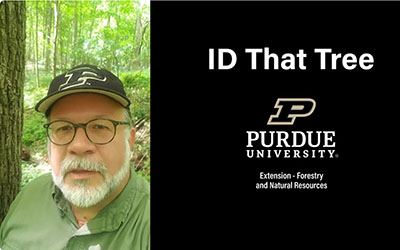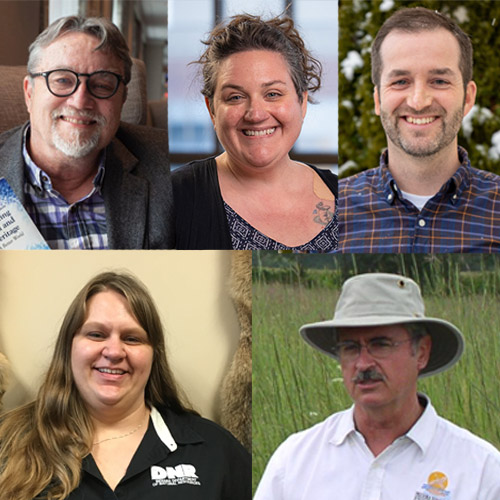Dix Receives D. Woods Thomas Award to Fund Research in Guatemala
Katy Dix, a PhD student in Dr. Zhao Ma’s Human Dimensions Lab, was named as a recipient of the D. Woods Thomas Award from Purdue International Programs in Agriculture.
The D. Woods Thomas Memorial Fund to support international studies was established in the name of D. Woods Thomas, former Dean of International Programs in Agriculture in 1993. The endowment supports College of Agriculture graduate students who will be doing research or studying in a developing country as part of their university program. The intent of the award is to help increase the capacity of young American scientists to contribute to international agricultural development.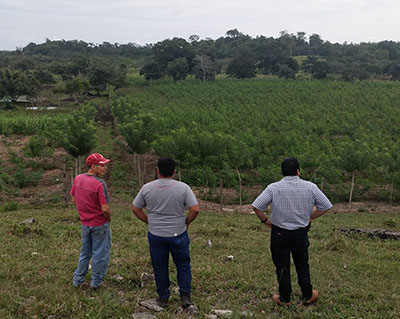
In 2023, Dix was awarded the D. Woods Thomas Award alongside PhD students Leah Thompson in Animal Sciences and Savannah O’Malley in the department of nutrition science.
With help from this funding, Dix will be collaborating with the Rainforest Alliance in Guatemala to assess the costs and benefits of silvopastoral and agroforestry systems in the Mayan Biosphere Reserve (MBR).
“Diminished forest coverage threatens the land’s sustainable productivity and local biodiversity, and the resilience of farmers and forest-dependent people to climate change shocks,” Dix explained of her work in the northeastern Guatemalan city of Petén, which lost nearly two-thirds of its forest cover between 1965 and 2016. “It is important to work with inhabitants of the MBR to explore and implement a variety of ecologically and economically sustainable ranching and agricultural practices that provide enough benefits to outweigh the potential profit associated with selling the land or with extensive agricultural practices,”
Agroforestry, silvopastoral systems, and integrated crop-livestock-forestry systems are forest-friendly livelihood strategies that are often credited with preventing deforestation and facilitating forest restoration.
Rainforest Alliance (RA) is an international non-profit organization that works with farmers, forest communities, and businesses to protect forests and improve rural livelihoods. The RA-Guatemala team has been working with forest communities in the MBR since 1997 and has implemented agroforestry and silvopastoral projects within the MBR in the communities of Cruce la Colorada (AFICC), La Colorada-El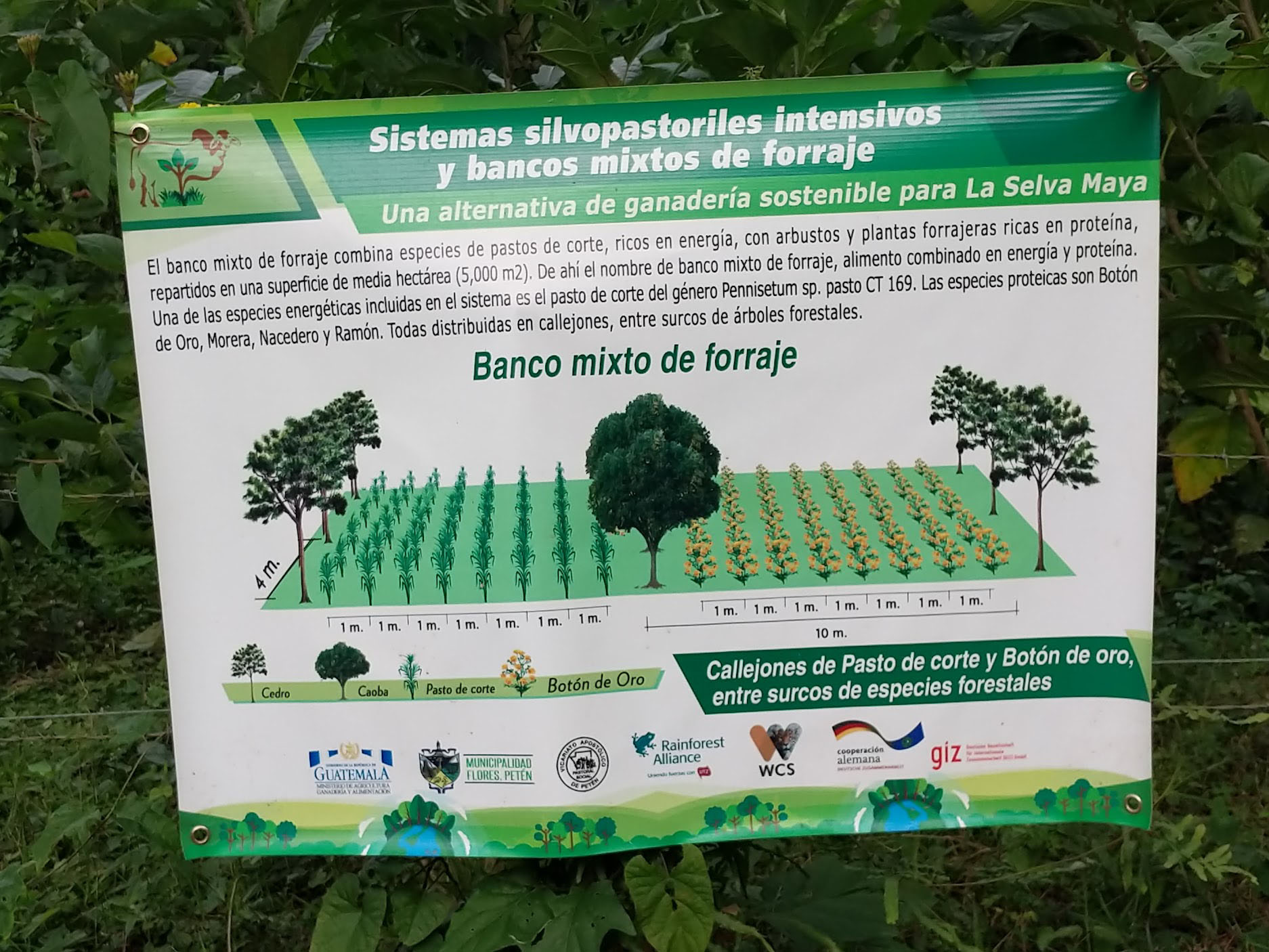 Molino, and La Pasadita. However, the social and economic impacts of these programs on participants are not well understood. Information about the social and economic costs and benefits would help RA design initiatives that are better adapted to MBR inhabitants' needs.
Molino, and La Pasadita. However, the social and economic impacts of these programs on participants are not well understood. Information about the social and economic costs and benefits would help RA design initiatives that are better adapted to MBR inhabitants' needs.
Dix’s project will seek to answer the question of what are the impacts of these agroforestry and silvopastoral programs on participants’ livelihoods and landscapes.
“My proposed research will generate qualitative and quantitative data about the costs and benefits experienced by program participants,” Dix said. “Specifically, I will examine participants’ perceptions of how agroforestry and silvopastoral systems affect their food consumption and expenditures, ecosystem quality, and incomes. Moreover, this preliminary research can help inform further research comparing the relative economic costs and benefits associated with extensive cattle ranching and agriculture as opposed to silvopastoral systems, agroforestry, and integrated crop-livestock-forestry, ultimately informing forest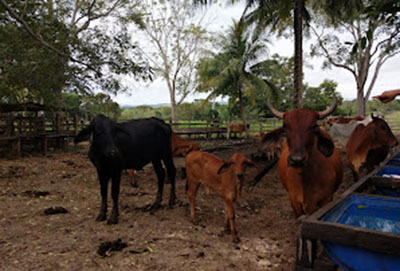 regeneration programs that also support rural livelihoods.”
regeneration programs that also support rural livelihoods.”
This research will build off of Dix’s previous work with Rainforest Alliance and Wildlife Conservation Society in Guatemala assessing the cost-effectiveness of the pilot stages of their silvopastoral programs outside of the MBR, which was conducted in early 2020 prior to her start in the PhD program at Purdue.
This round of research will look to understand the multifaceted factors that motivate people to participate in these programs and sustain these practices by conducted semi-structured interviews and surveys. Interviews will focus on participants’ motivations to adopt and sustain agroforestry or silvopastoral systems, the practices they implement and their perceptions of the economic, environmental and social impacts associated with these systems. Survey questions will collect demographic information about participants as well as data about the expenses and incomes associated with their participation in the programs.
In addition to the project in her native Guatemala, Dix also is conducting research on the role of indigenous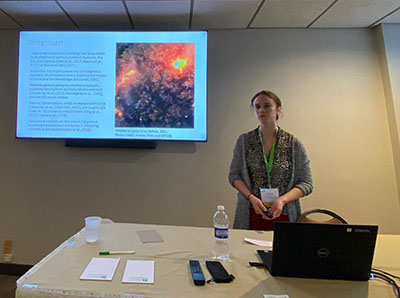 and local knowledge in wildfire prevention in Bolivia.
and local knowledge in wildfire prevention in Bolivia.
Through both projects, Dix aims to develop long-term and reciprocal relationships and research in Guatemala and Latin America.
“After completing my PhD, I plan to continue working with indigenous and rural communities to protect the people and places they call home,” Dix shared. “My ultimate goals are to promote effective collaboration between communities, academia and policymakers to inform more effective and respectful conservation and sustainable agriculture programming in Latin America.”



